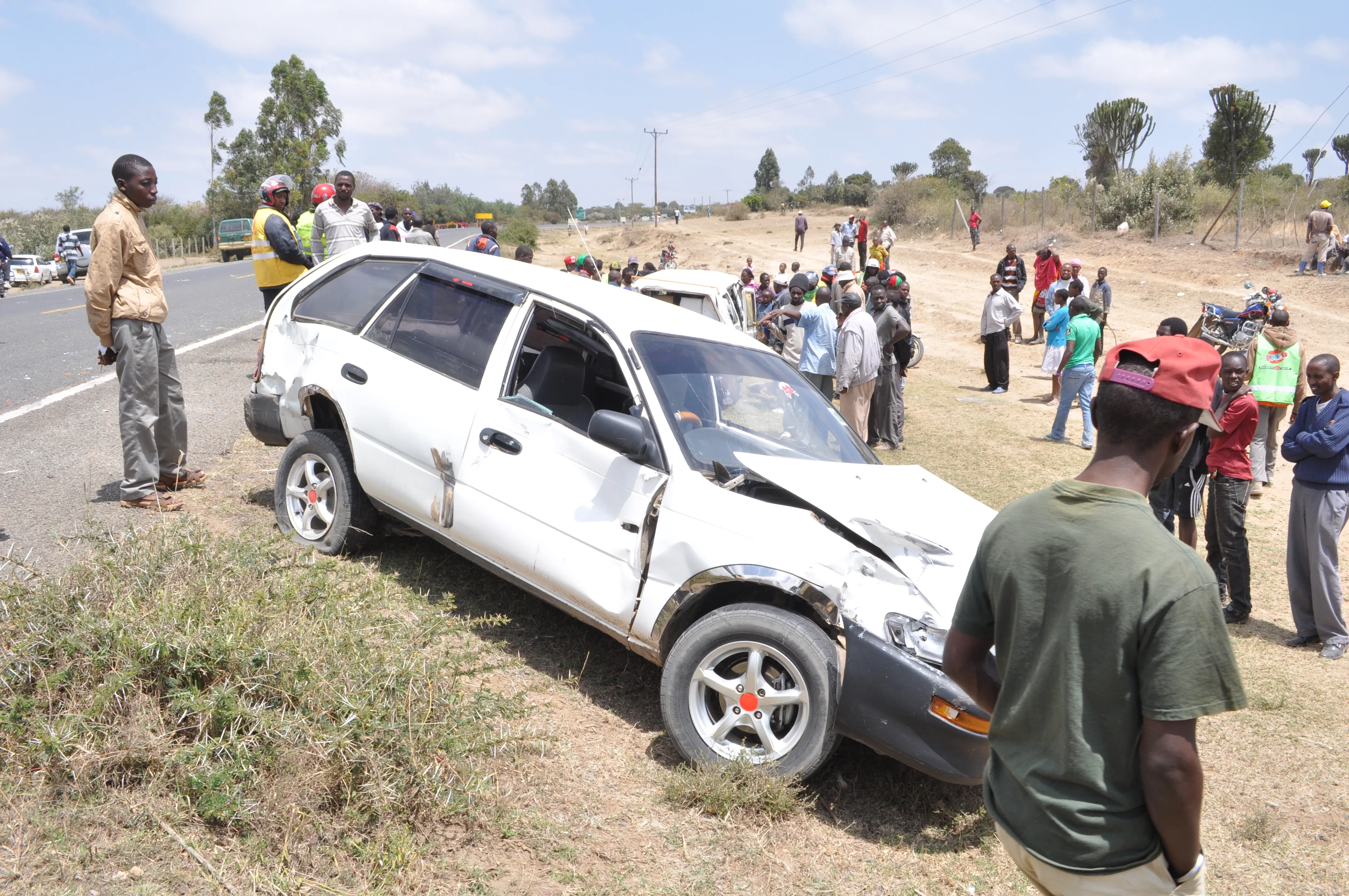China’s Guizhou Province is carrying out a major programme of road network expansion and development works. In all the plan calls for the construction of 97,000km of rural roads, which are being built in a bid to boost connectivity. Funding is being provided by the Bank of Guizhou and Bank of Guiyang in the shape of a series of loans.
September 4, 2017
Read time: 1 min
China’s Guizhou Province is carrying out a major programme of road network expansion and development works. In all the plan calls for the construction of 97,000km of rural roads, which are being built in a bid to boost connectivity. Funding is being provided by the Bank of Guizhou and Bank of Guiyang in the shape of a series of loans.








